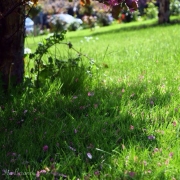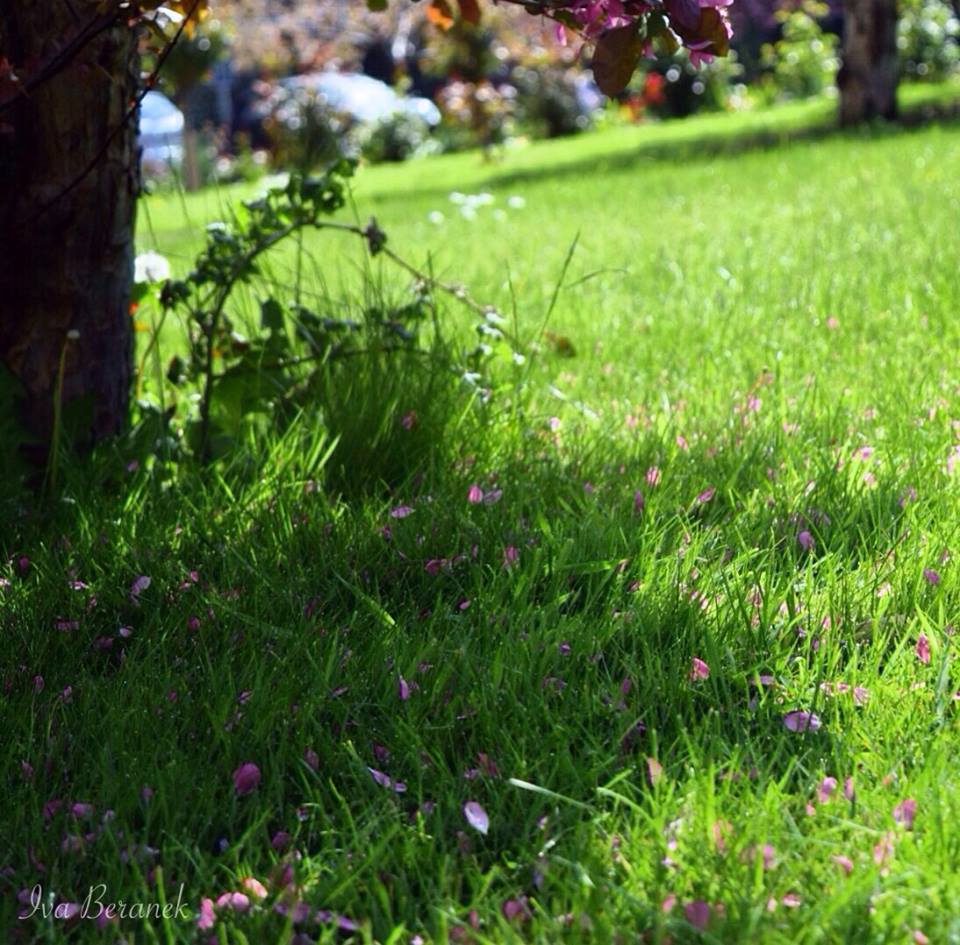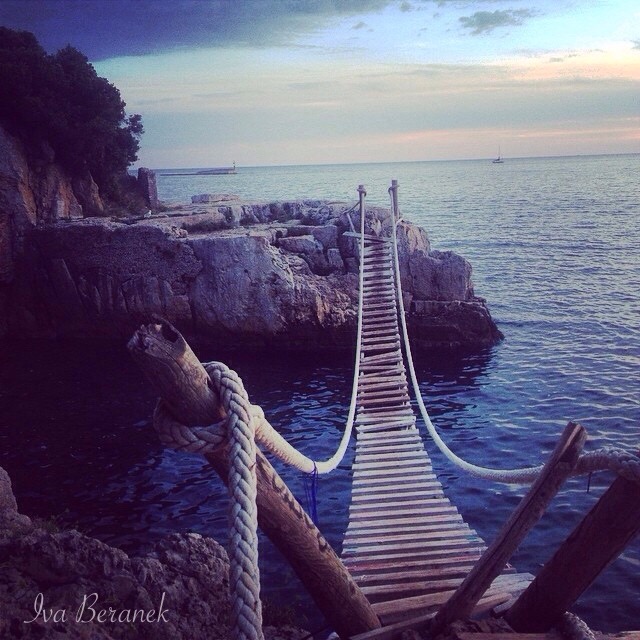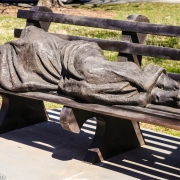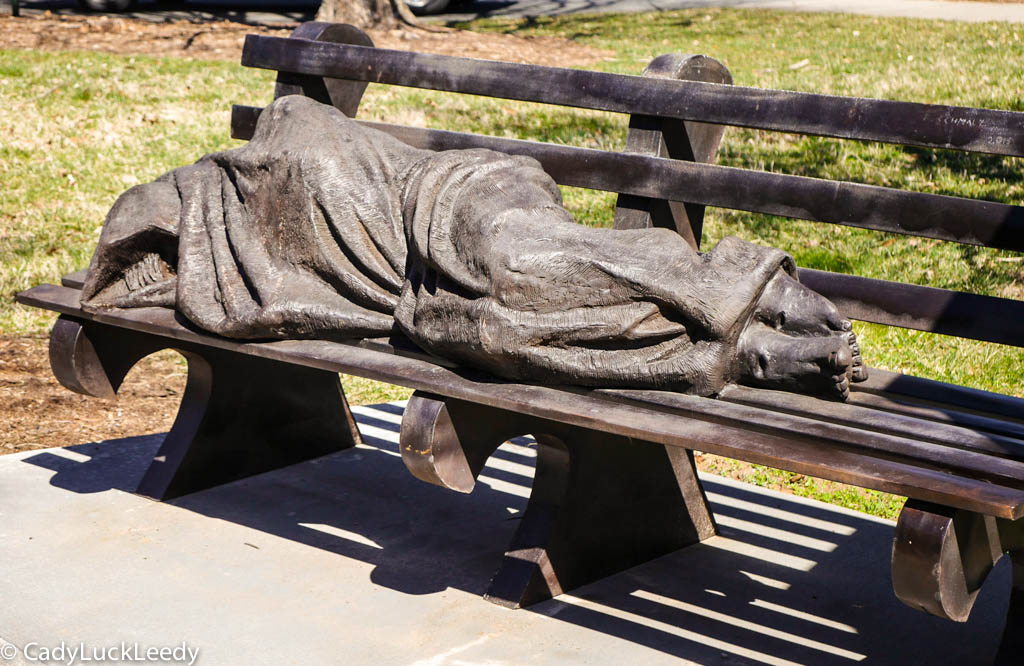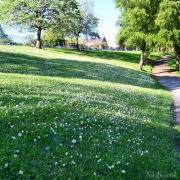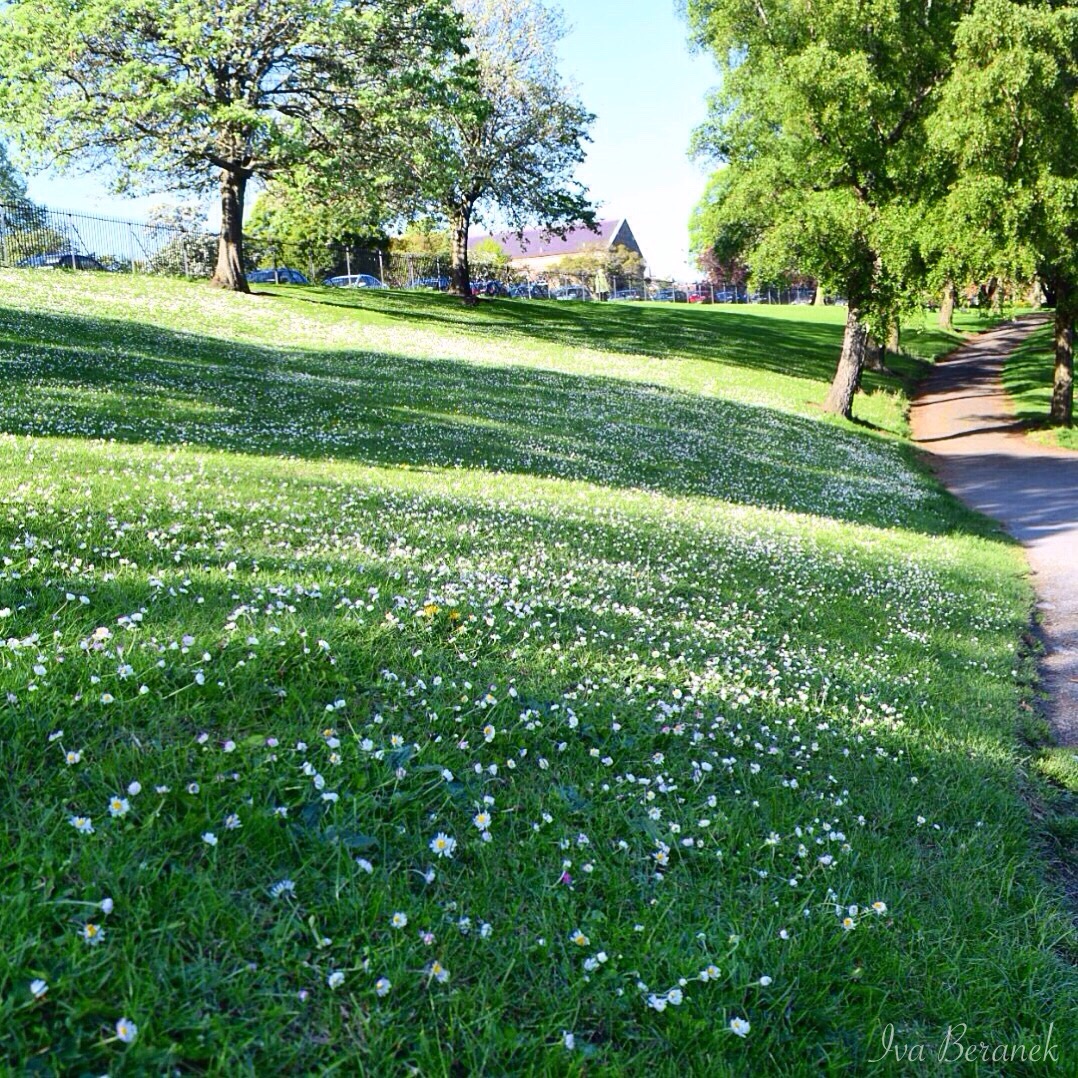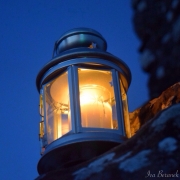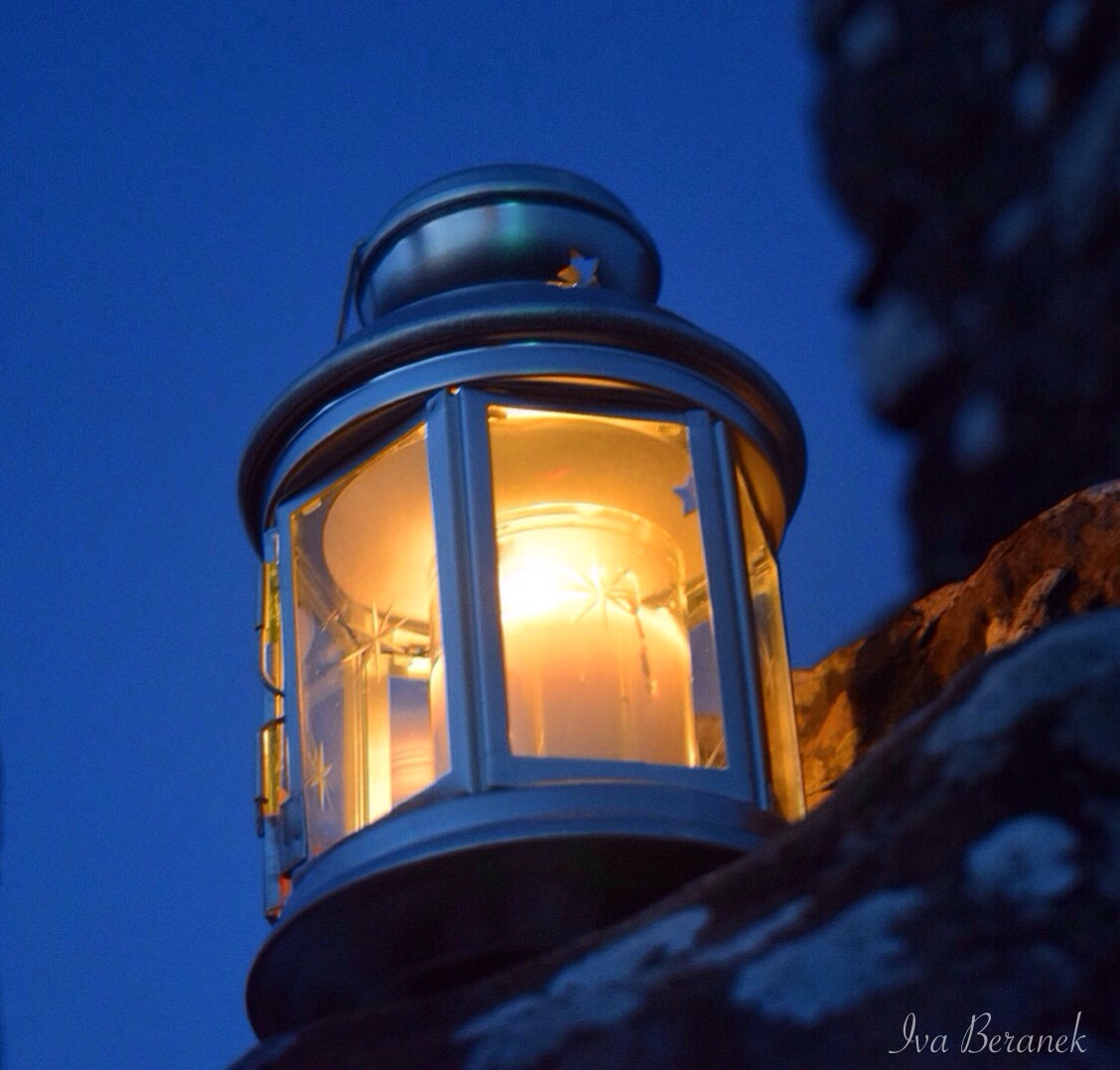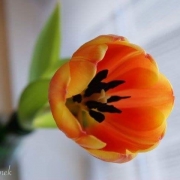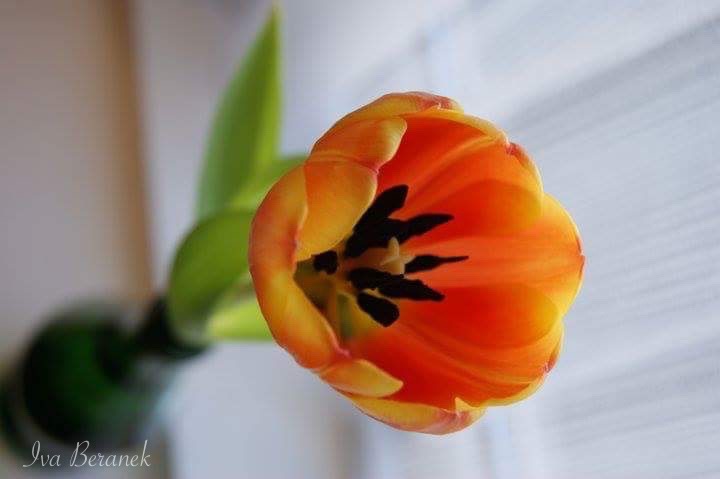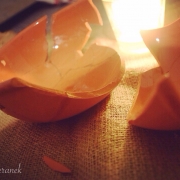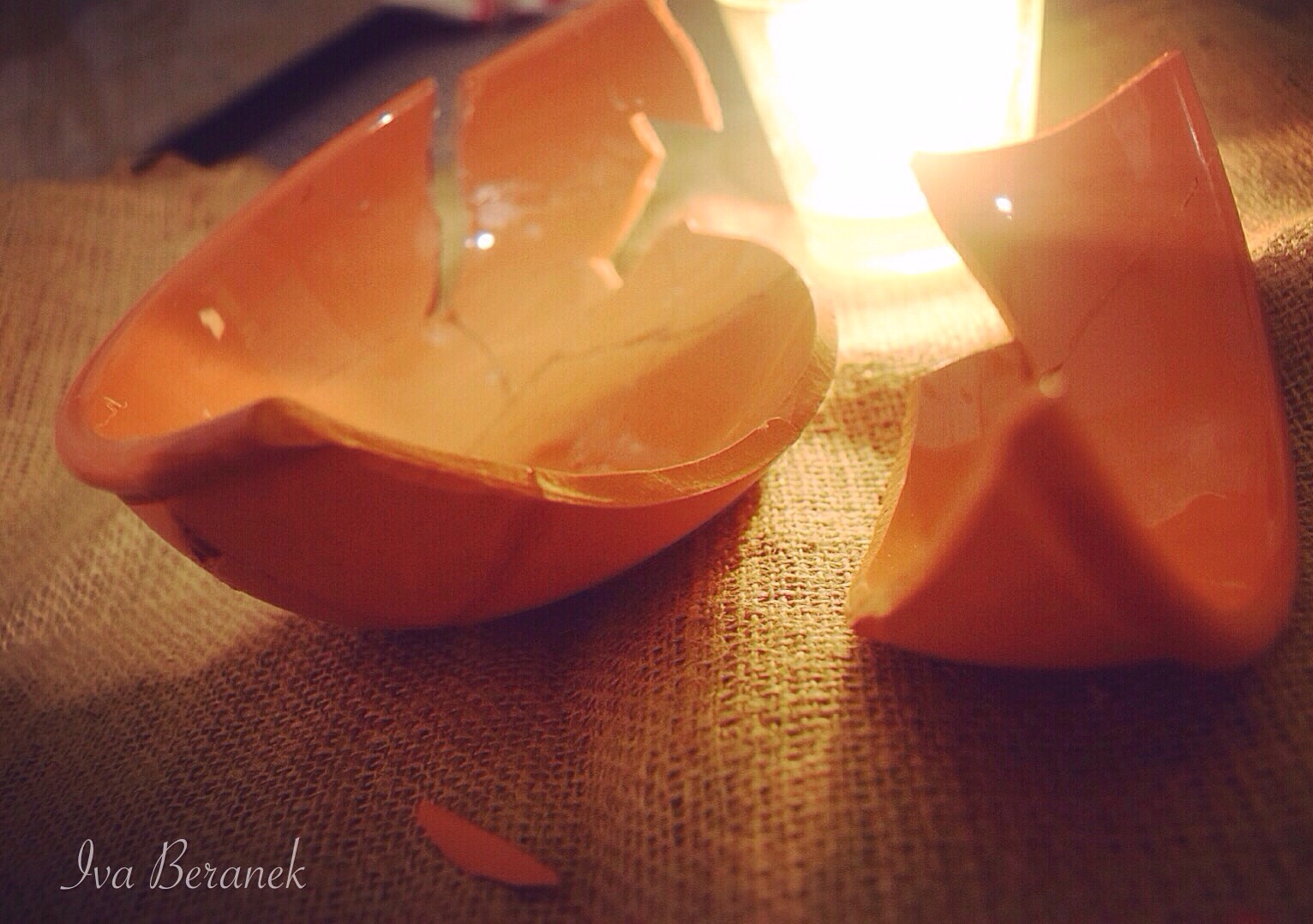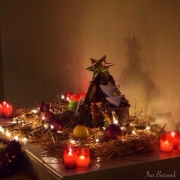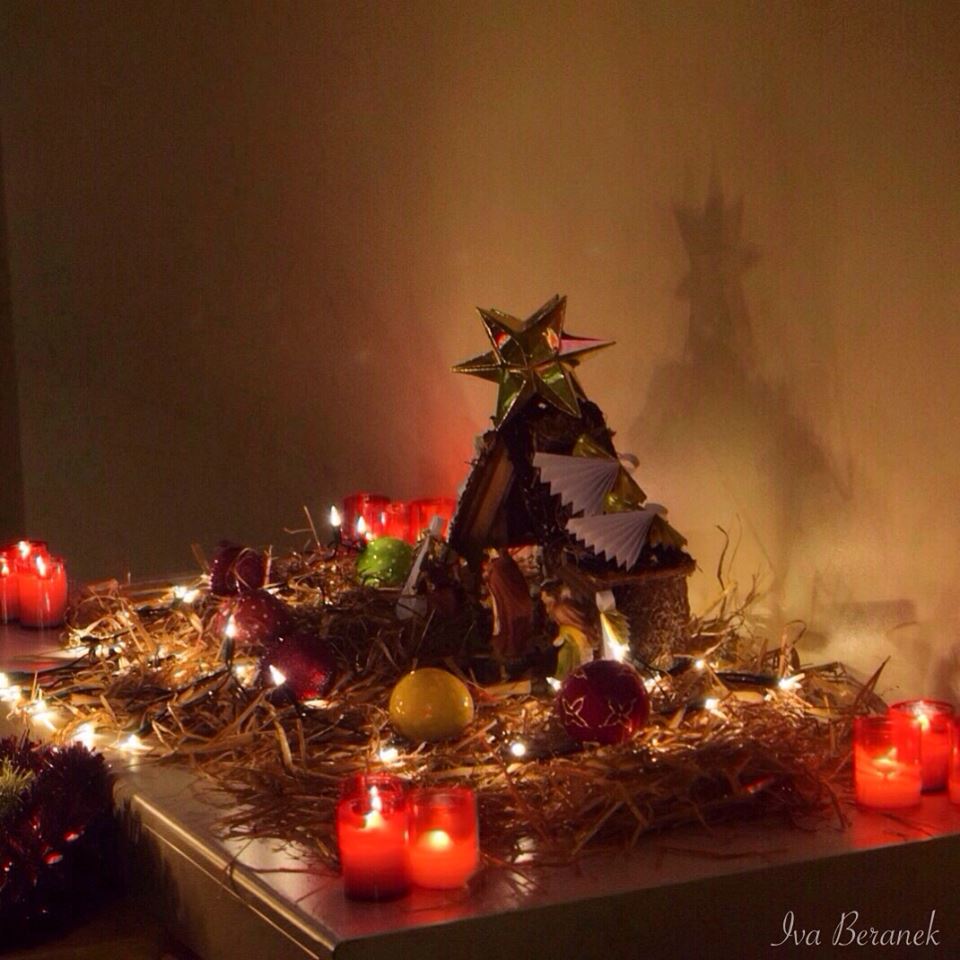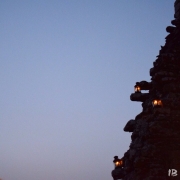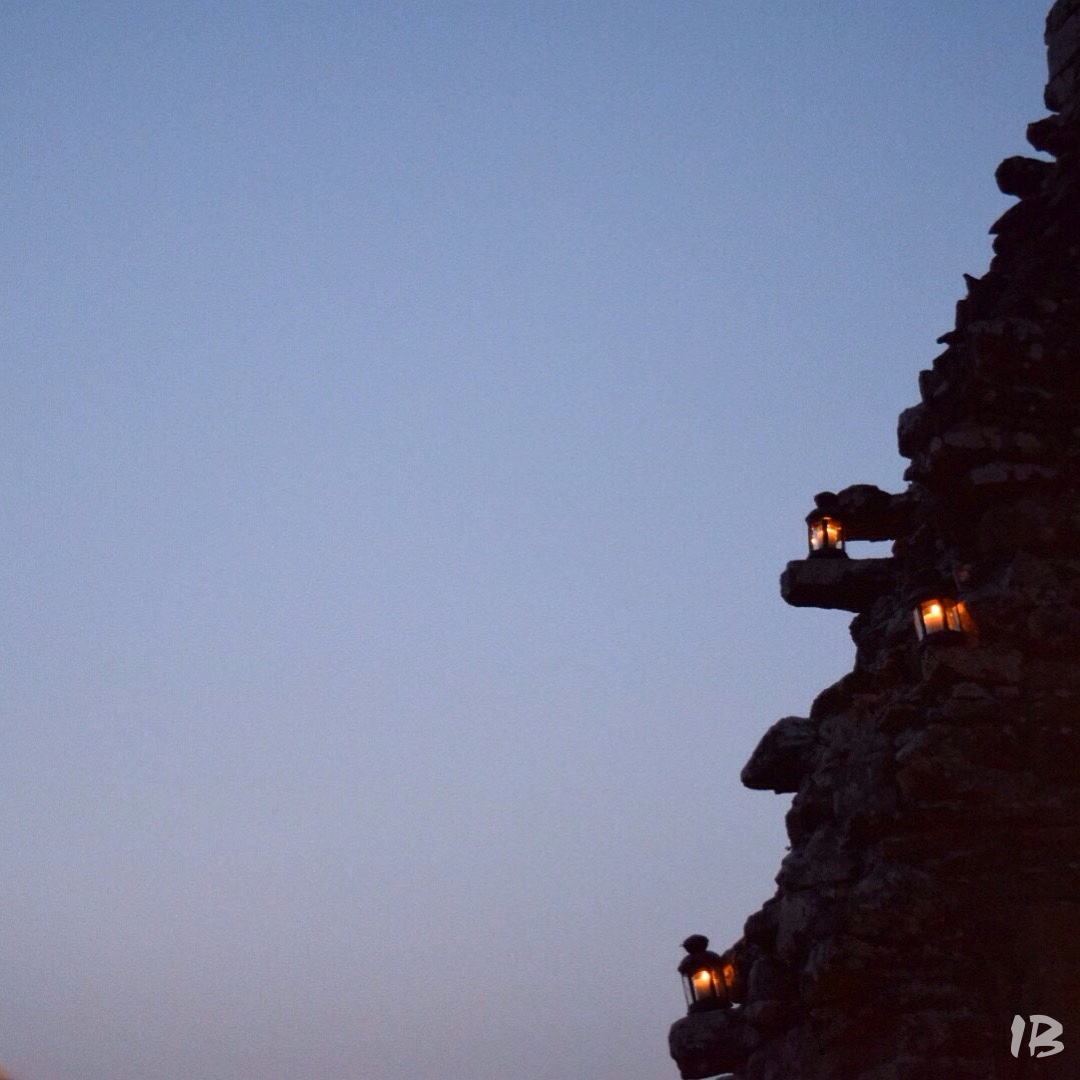Some lessons from Mental Health and Wellbeing Summit
Ireland’s first ever Mental Health & Wellbeing Summit took place in Aviva on 14th October. We had a stand on the day, alongside other organisations promoting health and wellbeing from different perspectives, mostly medical and psychological. We were the only organisation coming from a Church background with a spirituality based approach. The room we were in was spacious and well lit, very pleasant and appropriate for the day. We had time both to talk to people who came to our stand, as well as to walk around and learn from others about their work and expertise.
The day had a variety of talks and workshops, and we were able to attend some. A workshop that stands out for me was about building resilience. It was delivered by Dr. Olivia Hurley who took lessons from elite athletes in sport and showed how they can be applied to every day situations. While we may think that athletes don’t struggle, they in fact often do, as do the rest of us. Resilience is useful no matter who we are.
Dr. Hurley explains that resilience is “the ability to persevere and overcome setbacks”. We will all face difficulties in life from time to time, and knowing how to deal with them will help us not to become too overwhelmed. Having the right tools will help us to cope. One lesson we can learn from athletes is to aim for excellence and not perfection, in other words to have the courage to be imperfect. With a lot of unwritten pressure about seeking perfection, this is a great insight.
It was emphasised many times during the day to seek out support, professional and among friends or family. Olivia Hurley suggested to approach our decisions as ‘active choices’, and not sacrifices, and to view setbacks as opportunities for growth. We probably view athletes as those who make a lot of sacrifices, but Hurley said they see it as making an active choice to achieve their aspirations. This attitude is much more healthy and produces better results.
We heard about some struggles that people are facing regarding mental health, and learned of ways to become mentally fit and well. We also learned that self-harm is wide-spread among young adults, which we did not know. What we noticed on the day is that language and how we talk about mental health are also important. The terms used by the speakers were about being ‘mentally fit’ and ‘mentally healthy’ instead of ‘strong’, because more positive language in this area helps in maintaining mental health. It also does not create unreasonable demands on people.
This ties in well with what we do in the ministry of healing. We often speak how listening is healing in itself. Yet, in our work we add another dimension, which is God. Parishes around the country that offer prayer ministry respond to this need for people seeking support. In our presence and through our attitude we can mirror to each other that we are accepted and loved, by each other, and by God. Our initiative the Power of Presence seemed particularly relevant to what we heard on the day. We offer it as a workshop or a talk around the country for any age group, starting with teenagers. In our everyday lives, and beneath the turmoil that life sometimes brings, there is a reality of God, welcoming, loving, healing and supporting us, encouraging us to grow. In the Power of Presence we show simple ways how to tune in to God’s presence with us, in order to draw healing, support, and comfort from it. The language of ‘excellence’ resonates well with spirituality and perhaps becoming mentally fit is what we would call growing more into our true selves.
Iva Beranek
Dr Iva Beranek is the Ministry Facilitator for the CMH: Ireland

